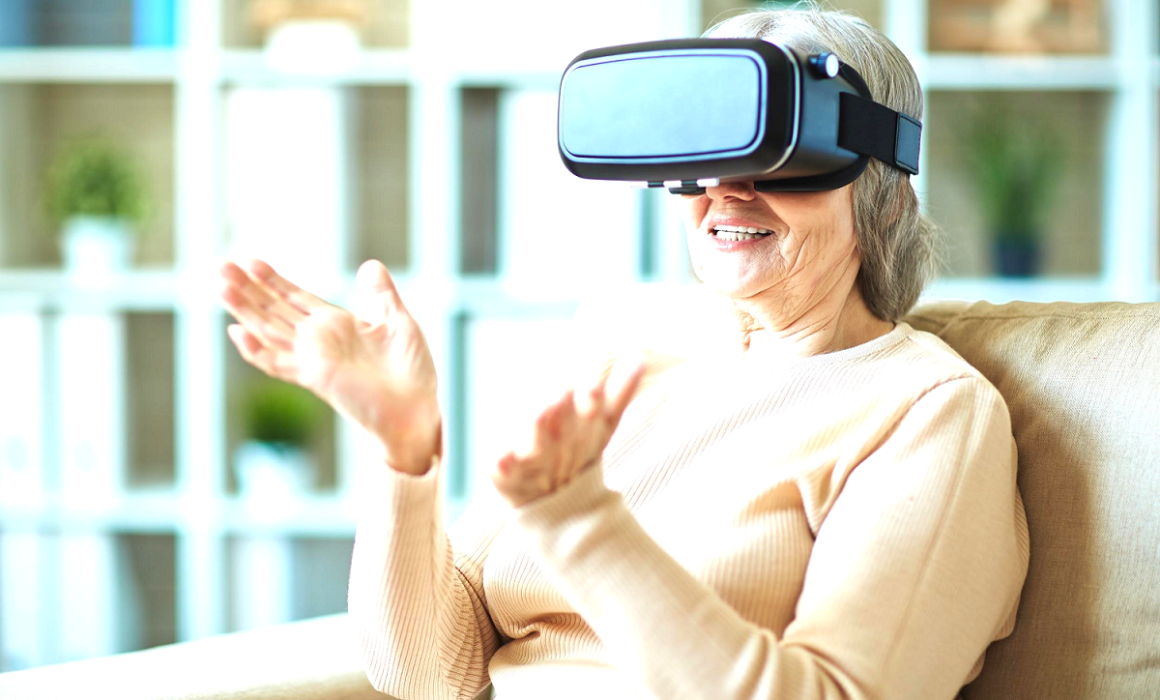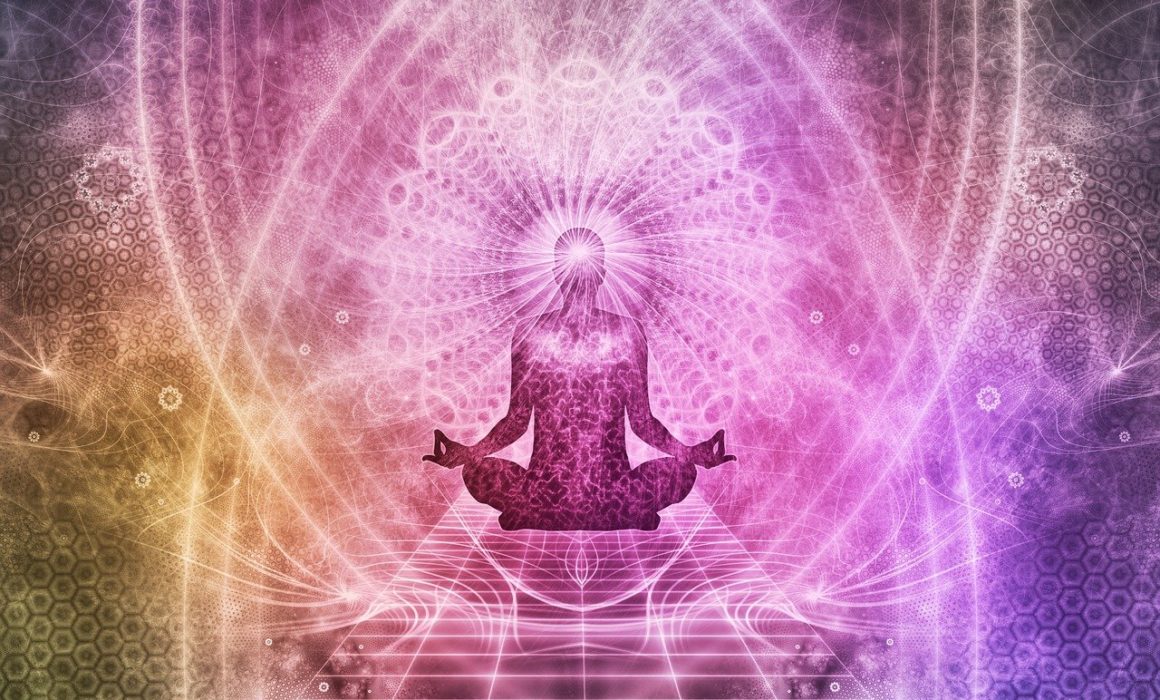Cognitive decline can lead to social isolation and many older people suffer from dementia-related anxiety. In a recent article, The New York Times took a look at a practice to help minimize the effects of the disease using virtual reality (VR) reminiscence therapy. Traditional (non-VR) reminiscence therapy has been practiced for several decades and allows older generations to reconnect with joyous and meaningful events of their youth through photographs, videos, and music. Along with positive feelings, nostalgia can help cultivate confidence and long-term perspective, at a time when many are grappling with the instability of short-term memory loss. For those who do not experience a significant improvement in well-being from traditional reminiscence therapy, the addition of virtual reality elements can be a dramatic turning point.
The immersive experience of VR reminiscence therapy is helping patients to socialize in their daily lives, reversing the pre-treatment pattern of isolation. The article focuses on John Faulkner, a seventy-six year old resident of Central Parke Assisted Living and Memory Care in Mason, Ohio. Mr. Faulkner was withdrawn and showed no discernable improvement with reminiscence therapy by simply viewing photos until the center used an immersive virtual reality experience that allowed him to virtually walk along Ireland’s Cliffs of Moher where he had once visited in person with his wife. Over the course of his weekly 45-minute VR sessions, Mr. Faulkner not only became more sociable with other residents, he now requires less medication to treat his anxiety. A senior administrator at Central Parke stated that residents who engage in VR reminiscence therapy have experienced up to a 70% reduction in their usage of antipsychotics.
The article emphasizes the substantial shift the population will experience over the next forty years, as the 65+ age segment is expected to double in size. Technological tools will likely be very impactful to aid younger generations in caring for the elderly. In addition to VR reminiscence therapy, virtual reality is being used to treat elderly patients who suffer from chronic pain as well as post traumatic stress disorder (PTSD). Recent research at MIT has also shown that VR can decrease depression and social isolation in seniors. And a study is currently underway at the University of Santa Barbara, California using VR technology that allows families to take trips with their elderly family members. Not only can a senior revisit places where meaningful events took place, they may soon be able to bring along their grandchildren to experience the exuberance of the jazz age, for example, or to visit the town they grew up in.
Foretell Reality focuses on bringing people together in VR to enhance human interaction and facilitate social connection, often guided by mental-health professionals.












Recent Comments